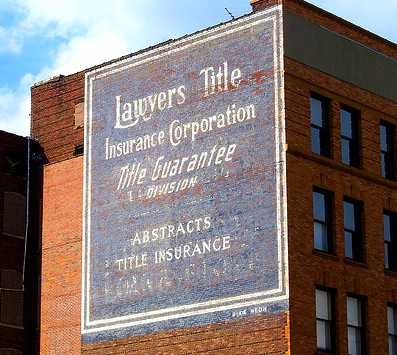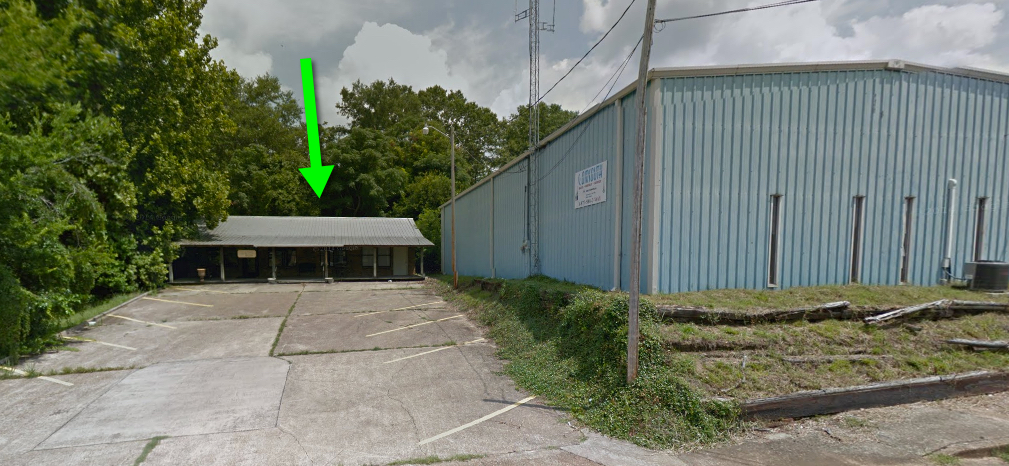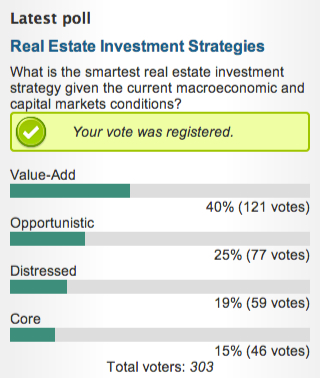Closing costs differ around the United States.

Closing costs including title insurance are usually based on local custom where the property is located. Yes, this is negotiable but in most cases, even if the Buyer and Seller are in different states, the parties pay closing costs based on the customs and traditions in the county where the property is located.
Here is a great State by State guide to real estate closing costs and who pays title insurance. Again, this differs in every transaction and is usually negotiated by the Buyer and Seller in the deal unless it is mandated by state law. The following list is via Closing costs around the United States www.miadomo.com. Photo credit Doug Francis Virgina Realtor.
Closing costs around the United States
This is a general reference guide. Contact a local title company, real estate attorney, lenders or private escrow companies who handle closing in your state for specific information.
Alabama
Buyers and sellers negotiate who's going to pay the closing costs and usually equally split them.
Alaska
Buyers and sellers negotiate who's going to pay the closing costs and usually equally split them.
Arizona
The seller customarily pays for the owner's policy, and the buyer pays for the lender's policy. They split escrow costs otherwise.
Arkansas
The seller customarily pays for the owner's policy, and the buyer pays for the lender's policy. They split escrow costs otherwise.
California
Not only do escrow procedures differ between Northern and Southern California, they also vary from county to county. Contact local title company for a specific information.
Colorado
Closing costs are generally paid by real estate agent. Sellers pay the title insurance premium and the documentary transfer tax.
Connecticut
Buyers pay for examination and title insurance, while sellers pay the documentary and conveyance taxes.
Delaware
Buyers pay closing costs and the owner's title insurance premiums. Buyers and sellers share the state transfer tax.
District of Columbia
Buyers pay closing costs, title insurance premiums, and recording taxes. Sellers pay the transfer tax.
Florida
Buyers pay the escrow and closing costs, while county custom determines who pays for the title insurance. Sellers pay the documentary tax.
Georgia
Buyers pay title insurance premiums and also closing costs usually. Sellers pay transfer taxes.
Hawaii
Buyers and sellers split escrow fees. Sellers pay the title search costs and the conveyance tax. Buyers pay title insurance premiums for the owner's and lender's policies.
Idaho
Buyers and sellers split escrow costs in general and negotiate who's going to pay the title insurance premiums.
Illinois
Buyers usually pay the closing costs and the lender's title insurance premiums and the state and county transfer taxes.
Indiana
Buyers pay closing costs and the lender's title insurance costs, while sellers pay for the owner's policy.
Iowa
Buyers and sellers share the closing costs; sellers pay the documentary taxes.
Kansas
Buyers pay the lender's policy costs and the state mortgage taxes, sellers pay for the owner's policy.
Kentucky
Sellers pay closing costs; buyers pay recording fees, responsibility for payment of title insurance premiums varies from county to county.
Louisiana
Buyers pay the title insurance and closing costs.
Maine
Buyers pay the title insurance and closing costs, buyers and sellers share the documentary transfer fees.
Maryland
Buyers pay the title insurance, closing costs and transfer taxes.
Massachusetts
Buyers pay the title insurance, closing costs, except in Worcester where sellers pay.
Michigan
Buyers pay the lenders title insurance premiums and, closing costs, and sellers pay the state transfer tax and the owner's title insurance premiums.
Minnesota
Buyers pay the lender's and owner's title insurance premiums and the mortgage tax/ Sellers pay the closing fees and the transfer taxes.
Mississippi
Buyers and sellers negotiate the payment of title insurance premiums and closing costs. There are no documentary, mortgage or transfer taxes.
Missouri
Buyers and sellers generally split the closing costs. Sellers in western Missouri usually pay for the title insurance policies, while elsewhere the buyers pay.
Montana
Buyers and sellers split the escrow and closing costs, sellers usually pay for the title insurance policies.
Nebraska
Buyers and sellers split escrow and closing costs, sellers pay the state's documentary taxes.
Nevada
Buyers pay the lender's title insurance premiums, sellers pay the owner's and the state's transfer tax.
New Hampshire
Buyers pay all closing costs and title fees except for the documentary tax, that's shared with the sellers.
New Jersey
Both buyer and seller pay the escrow and closing costs. The buyer pays the title insurance fees, and the seller pays the transfer tax.
New Mexico
Both buyer and seller pay the escrow and closing costs, sellers pay for the insurance premium.
New York
Buyers generally pay most closing costs, including all title insurance fees and mortgage taxes. Sellers pay the state and city transfer taxes.
North Carolina
Buyers and sellers negotiate the closing costs, except that buyers pay the recording costs and sellers pay the document preparation and transfer tax costs.
North Dakota
Buyers pay for the closing, the attorney's opinion, and the title insurance, sellers pay for the abstract.
Ohio
Buyers and sellers negotiate closing costs, but sellers pay the transfer taxes.
Oklahoma
Buyers and sellers share the closing costs, except that the buyer pays the lender's policy premium, the seller pays the documentary transfer tax, and the lender pays the mortgage tax.
Oregon
Buyers and sellers split escrow costs and transfer taxes, the buyer pays for the lender's title insurance policy and the seller pays for the owner's policy.
Pennsylvania
Buyers pay closing costs and title insurance fees, buyers and sellers split the transfer taxes.
Rhode Island
Buyers pay title insurance premiums and closing costs, sellers pay documentary taxes.
South Carolina
Buyers pay closing costs, title insurance premiums, and state mortgage taxes, sellers pay the transfer taxes.
South Dakota
Sellers pay the transfer taxes and split the other closing costs, fees and premiums with the buyers.
Tennessee
The payment of title insurance premiums, closing costs, mortgage taxes, and transfer taxes varies according to local practice.
Texas
Buyers and sellers negotiate closing costs.
Utah
Buyers and sellers split escrow fees, and sellers pay the title insurance premiums.
Vermont
Buyers pay recording fees, title insurance premiums, and transfer taxes.
Virginia
Buyers pay the title insurance premiums and the various taxes.
Washington
Sellers pay the title insurance premiums and the "revenue" tax, buyers and sellers split everything else.
West Virginia
Buyers pay the title insurance premiums and sellers pay the documentary taxes and the divide the other closing costs.
Wisconsin
Buyers pay closing costs and the lender's policy fees, sellers pay the owner's policy fees and the transfer taxes.
Wyoming
Buyers and sellers negotiate who's going to pay the various closing costs and title insurance fees.
To buy real estate forms, please look at MiaDomo's legal forms section or our real estate forms links.












